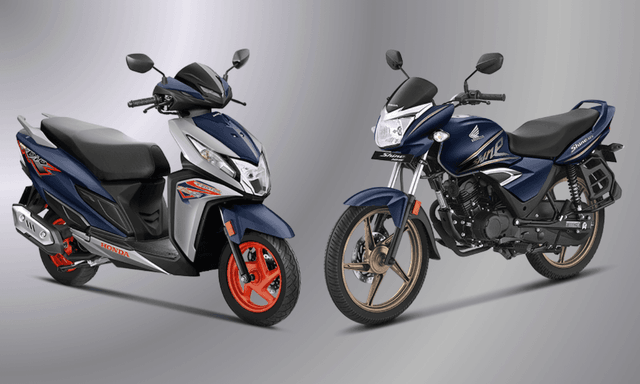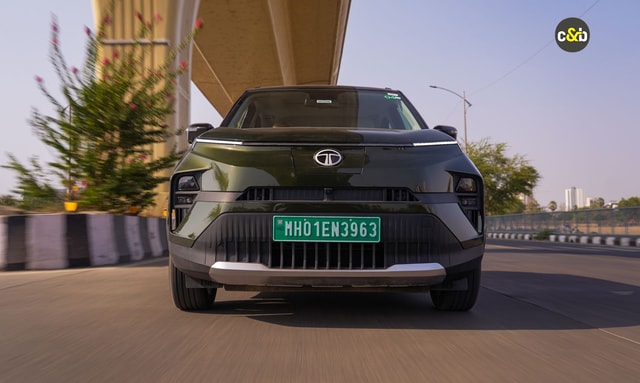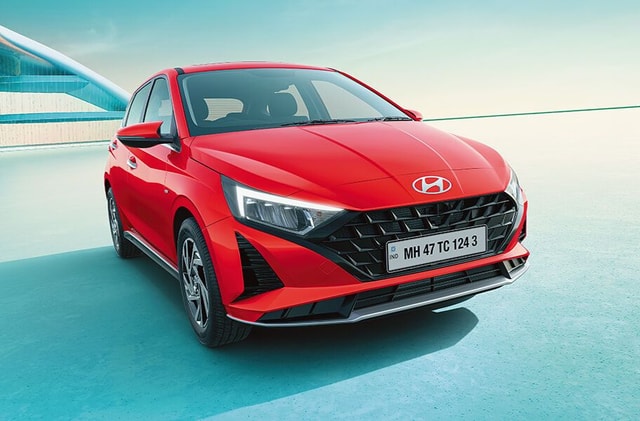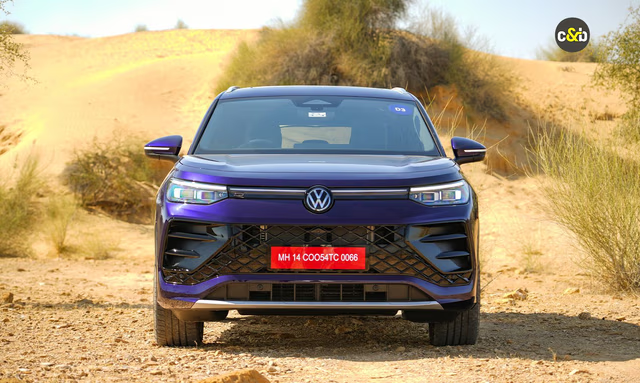Using Energy In The Car Recycling Process: Direct and Indirect

- Recycling cars can save materials like iron ore, coal, limestone, plastic
- The energy-saving can be as much as 1 MW per car.
- Apart from energy, environmental benefits are substantial.
Using energy in the car recycling process: Direct and indirect
Recycling is important as India is the fourth largest consumer of automobiles globally. India is also the number two manufacturer of automobiles in the world after China. Delhi government has banned diesel vehicles operating for ten years and petrol vehicles operating for 15 years. Other states are expected to follow in the coming years. The Indian government has already launched an End-of-Life Vehicle (ELV) policy, and its implementation is expected soon. This creates an opportunity for vehicle scrapping.

Reducing energy emissions
Approximately 65% of the weight of a typical car is high-grade steel. The weight of aluminium is also 7-8%. Recycling can help save other materials like copper, noble metals, plastic, rubber, etc. Thus, if we recycle a car, we can recover important elements and save the environment. The direct environmental benefits should be enough to recycle cars. But, on top of that, energy benefits are huge as well. All the recycled parts require huge energy consumption to produce, which again harms the environment.
As per some calculations, recycling a car conserves 2500 KG of iron ore, 1400 kgs of coal, 125 tonnes of limestone, and more than 1 MW of energy directly. This energy-saving is the direct energy benefit of recycling. But, apart from the direct benefits, there are indirect benefits of recycling as well.
The reduction of greenhouse gases because of recycling is substantial as well. The direct benefit is that the disposal of the car harms the environment. Also, the energy consumption to produce iron ore, limestone, coal, rubber, plastic, etc., is saved. Thus, greenhouse gas emissions are reduced. India, as a country, is facing huge side effects of pollution and reducing greenhouse gas emissions is a priority for the government.

Indian government policies
The Indian government policies of ELV vehicles is expected to improve the demand for scrapping, and the benefits to the environment will be substantial. Also, the Delhi government policies to remove diesel cars older than ten years and petrol cars older than 15 years is expected to contribute significantly to scrapping use increase.

The energy benefits and environmental benefits can be immense for India. India is one of the top four markets for automobiles. Also, India is one of the top two producers of automobiles in the world. India is also one of the largest producers of coal-based electricity, which causes harm to the environment. The country can reduce environmental pollution indirectly and directly as well.
Latest News
 Jaiveer Mehra | Feb 5, 2026Honda Dio 125 X-Edition, Shine 125 Limited Edition LaunchedBoth special editions get a variant-specific colour scheme and graphics.1 min read
Jaiveer Mehra | Feb 5, 2026Honda Dio 125 X-Edition, Shine 125 Limited Edition LaunchedBoth special editions get a variant-specific colour scheme and graphics.1 min read Seshan Vijayraghvan | Feb 5, 2026Tata Punch EV Facelift To Be Launched On February 20The electric version of Tata’s SUV-esque hatchback will be launched on February 20, 2026, and, like the petrol-powered version, it will receive a range of visual and feature upgrades.2 mins read
Seshan Vijayraghvan | Feb 5, 2026Tata Punch EV Facelift To Be Launched On February 20The electric version of Tata’s SUV-esque hatchback will be launched on February 20, 2026, and, like the petrol-powered version, it will receive a range of visual and feature upgrades.2 mins read Bilal Firfiray | Feb 5, 2026Hyundai i20 Line-Up Now Starts At Rs 5.99 LakhThree variants of the Hyundai i20 have received a price rejig – Era, Magna and Magna Executive.1 min read
Bilal Firfiray | Feb 5, 2026Hyundai i20 Line-Up Now Starts At Rs 5.99 LakhThree variants of the Hyundai i20 have received a price rejig – Era, Magna and Magna Executive.1 min read Jaiveer Mehra | Feb 5, 2026New Mercedes-Benz V-Class India Launch On March 3The V-class is set to return to the Indian market in Extra Long Wheelbase guise and is likely to be a CBU import.2 mins read
Jaiveer Mehra | Feb 5, 2026New Mercedes-Benz V-Class India Launch On March 3The V-class is set to return to the Indian market in Extra Long Wheelbase guise and is likely to be a CBU import.2 mins read Seshan Vijayraghvan | Feb 4, 2026Skoda Kylaq Crosses 50,000 Units Sales MilestoneThe Kylaq has been the brand’s best-selling car, which has led to Skoda Auto India’s best-ever sales performance in 2025.1 min read
Seshan Vijayraghvan | Feb 4, 2026Skoda Kylaq Crosses 50,000 Units Sales MilestoneThe Kylaq has been the brand’s best-selling car, which has led to Skoda Auto India’s best-ever sales performance in 2025.1 min read Seshan Vijayraghvan | Feb 4, 2026Volkswagen Tayron R-Line’s Pre-Bookings Open For Rs. 51,000Customers can pre-book the SUV for a token of Rs. 51,000; however, the price announcement will take place sometime later in February 2026.1 min read
Seshan Vijayraghvan | Feb 4, 2026Volkswagen Tayron R-Line’s Pre-Bookings Open For Rs. 51,000Customers can pre-book the SUV for a token of Rs. 51,000; however, the price announcement will take place sometime later in February 2026.1 min read
 Bilal Firfiray | Feb 4, 2026Volkswagen Tayron R-Line Review: Sensible Flagship For IndiaVolkswagen has introduced a made-in-India flagship SUV that offers space, comfort, performance, and German driving finesse in a practical three-row package. But is the Tayron R-Line good enough?6 mins read
Bilal Firfiray | Feb 4, 2026Volkswagen Tayron R-Line Review: Sensible Flagship For IndiaVolkswagen has introduced a made-in-India flagship SUV that offers space, comfort, performance, and German driving finesse in a practical three-row package. But is the Tayron R-Line good enough?6 mins read Preetam Bora | Feb 2, 2026TVS NTorq 150 Road Test Review: Bigger, Better & More Efficient!We test the new TVS NTorq 150 out in the real world to get a sense of what it offers in terms of performance, dynamics and fuel economy.7 mins read
Preetam Bora | Feb 2, 2026TVS NTorq 150 Road Test Review: Bigger, Better & More Efficient!We test the new TVS NTorq 150 out in the real world to get a sense of what it offers in terms of performance, dynamics and fuel economy.7 mins read Bilal Firfiray | Jan 21, 2026Tata Punch Facelift Review: New Turbo Engine; Same Old SoulWith the update, the Tata Punch facelift retains its character of being a healthy runabout, which is perfect for Indian roads. But have these changes made it any better?7 mins read
Bilal Firfiray | Jan 21, 2026Tata Punch Facelift Review: New Turbo Engine; Same Old SoulWith the update, the Tata Punch facelift retains its character of being a healthy runabout, which is perfect for Indian roads. But have these changes made it any better?7 mins read Amaan Ahmed | Jan 17, 2026Bajaj Chetak C25 First Ride Review: Basic, Likeable E-Scooter For First-Time RidersThe Chetak C25, in quite a few ways, is poles apart from the larger and more powerful 30 and 35 Series models, but in its mannerisms, it is very much a Chetak.8 mins read
Amaan Ahmed | Jan 17, 2026Bajaj Chetak C25 First Ride Review: Basic, Likeable E-Scooter For First-Time RidersThe Chetak C25, in quite a few ways, is poles apart from the larger and more powerful 30 and 35 Series models, but in its mannerisms, it is very much a Chetak.8 mins read Bilal Firfiray | Jan 9, 2026Toyota Urban Cruiser Hyryder: 10,000 km Long-Term ReviewAfter spending over three months and 10,000 km with the Toyota Urban Cruiser Hyryder Hybrid, we were impressed by its real-world mileage, seamless hybrid, practical comfort, and Toyota reliability. Is it the best C-SUV then?5 mins read
Bilal Firfiray | Jan 9, 2026Toyota Urban Cruiser Hyryder: 10,000 km Long-Term ReviewAfter spending over three months and 10,000 km with the Toyota Urban Cruiser Hyryder Hybrid, we were impressed by its real-world mileage, seamless hybrid, practical comfort, and Toyota reliability. Is it the best C-SUV then?5 mins read




























































































































